The central bank of France has recommended adopting blockchain and distributed ledger technologies (DLT)-based solutions and tokenization to facilitate quick and safe cross-border payment solutions.
Speaking at the AFME Annual Capital Markets Technology and Innovation Conference on Nov. 21, First Deputy Governor Denis Beau called for an open-minded approach to financial innovations.
With regards to payment solutions, Beau noted that various domestic instant payment solutions have been introduced in several EU member states, which are available round the clock and settle payment orders up to 15 000 euros in less than 15 seconds. However, he emphasized that cross-border payment solutions are still costly for end-users, slow and unsafe across the world, particularly in emerging countries.
Furthermore, there are various challenges in the sphere of wholesale infrastructures as well, Beau said. This includes the lack of interoperability of market infrastructures and the existing correspondent banking model, which is costly and lacks traceability and efficiency.
“The tokenisation of financial assets combined with the recourse to blockchain-based solutions and more broadly Distributed Ledger Technologies to store and transfer those assets could help answering market’s demands,” he added.
Beau said that these innovative technologies can not only help overcome the challenges of the existing wholesale market infrastructures but also “facilitate gross and simultaneous Delivery-versus-Payment processes, cross-currency settlement, resilience, and recovery from operational incidents.”
He further said that the central bank of France has also been experimenting with DLT, highlighting that it was the first bank to develop a decentralised register system based on a blockchain infrastructure, the "MADRE" register.
Central Bank Digital Currency (CBDC)
Beau also called upon the Eurosystem to consider issuing a CBDC to “support wholesale clearing and settlement services on a decentralised basis using DLT.”
“As a major provider of critical wholesale clearing and settlement services in euro, [the Eurosystem] should be open to experimenting these innovations in order to revisit and possibly improve the conditions under which we make available central bank money as a settlement asset,” Beau said.
“We, at the Banque de France, are therefore quite open for experiments in that direction, together with the European Central Bank (ECB) and other central banks of the Eurosystem, in particular with regard to a wholesale CBDC.”
Earlier this month, the Finnish EU presidency also recommended the ECB and other EU central banks to consider issuing CBDC. More recently, the European Commission (EC) and the European Investment Fund (EIF) launched a dedicated investment fund for artificial intelligence (AI) and blockchain in an attempt to catch up on the progress made by the United States and China on these technologies.





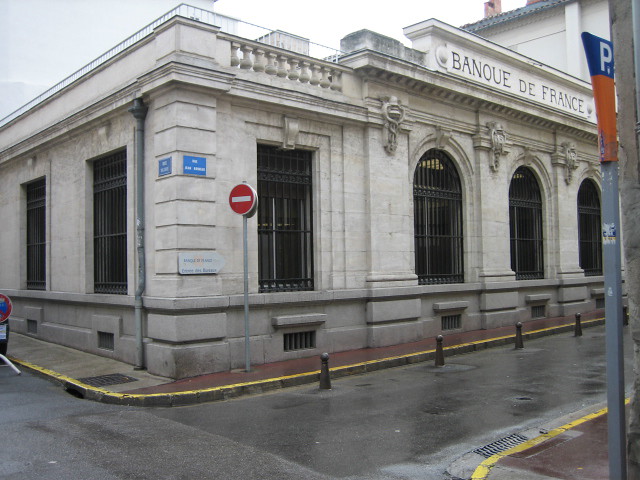


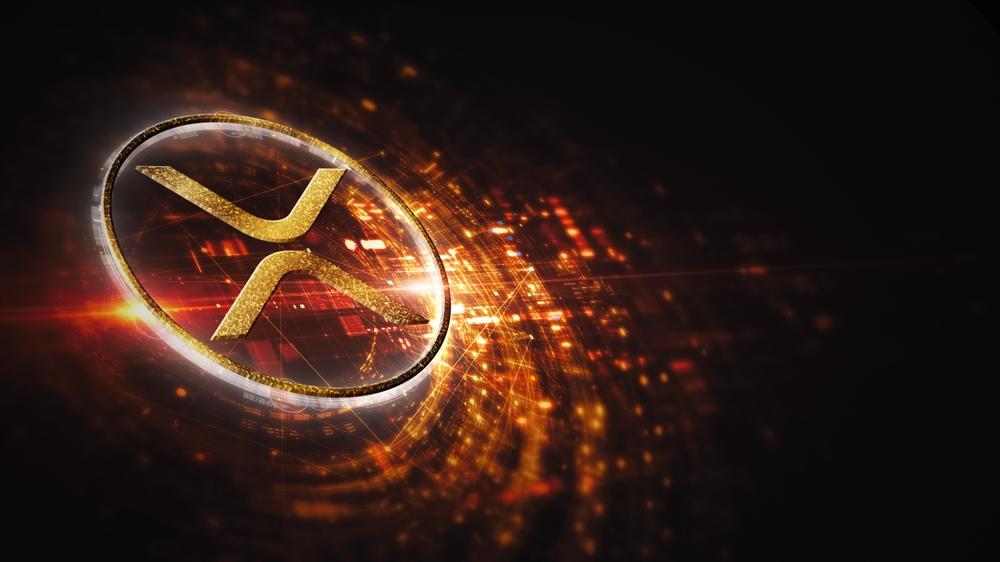







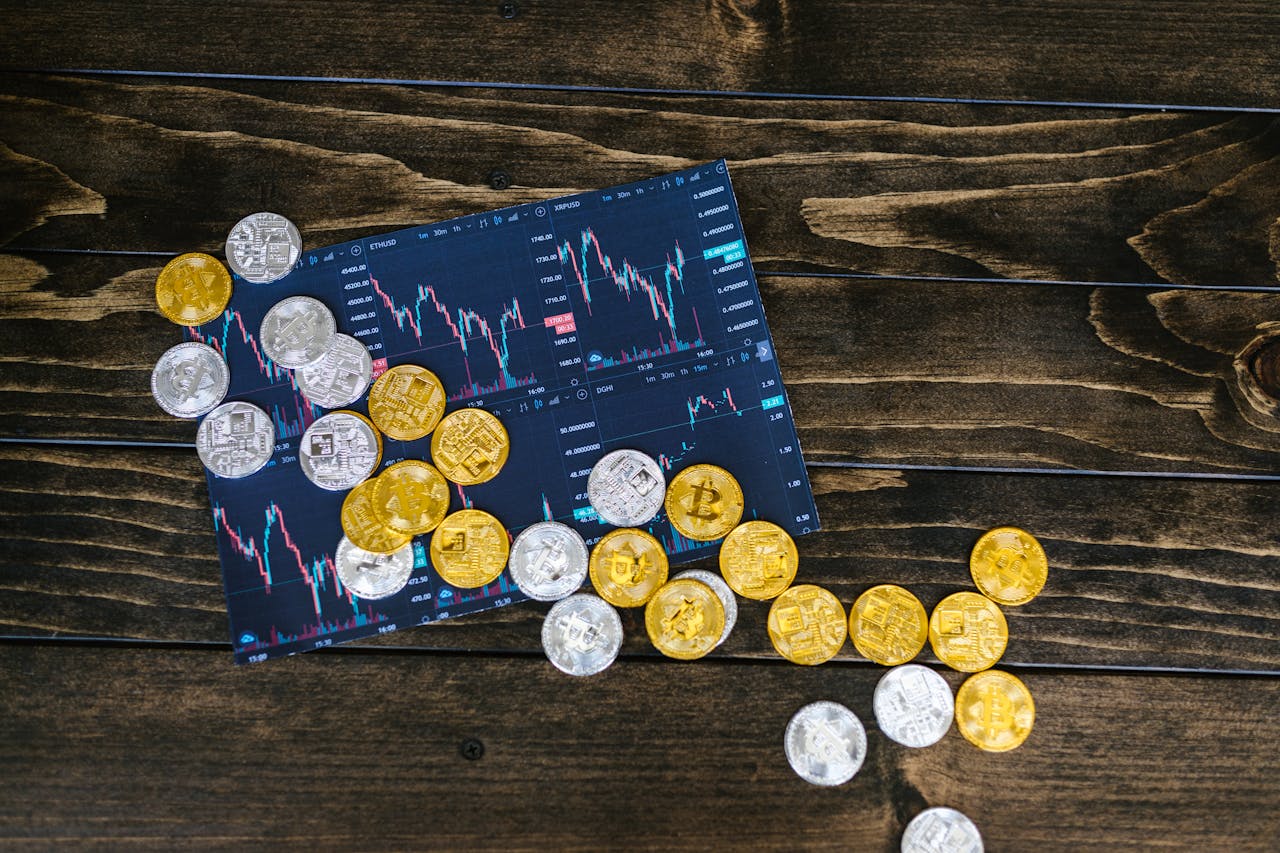



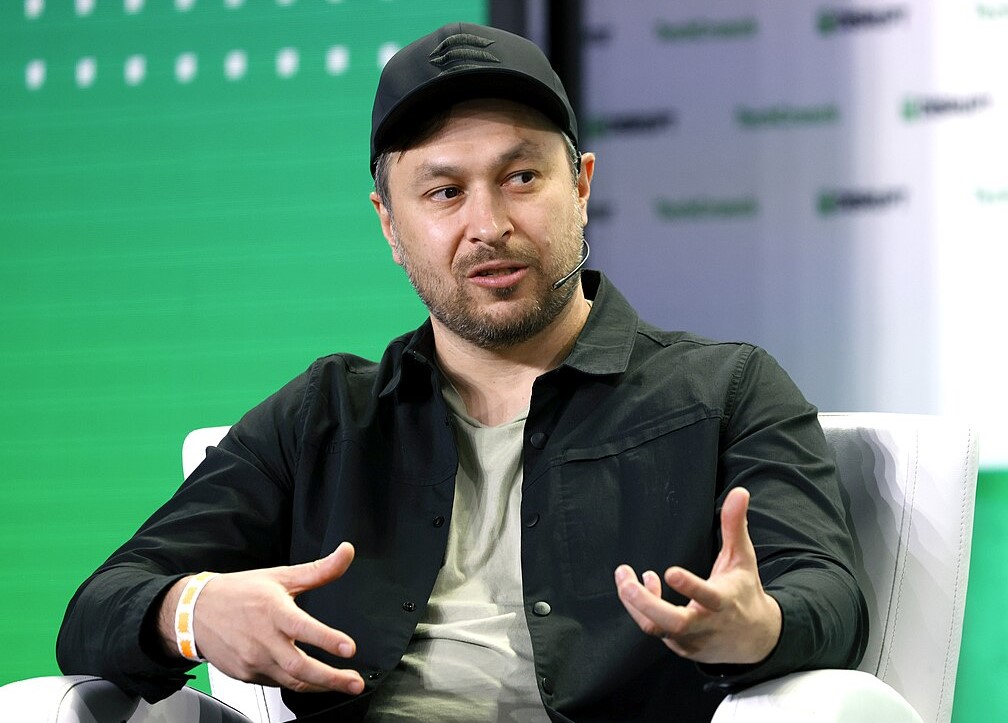
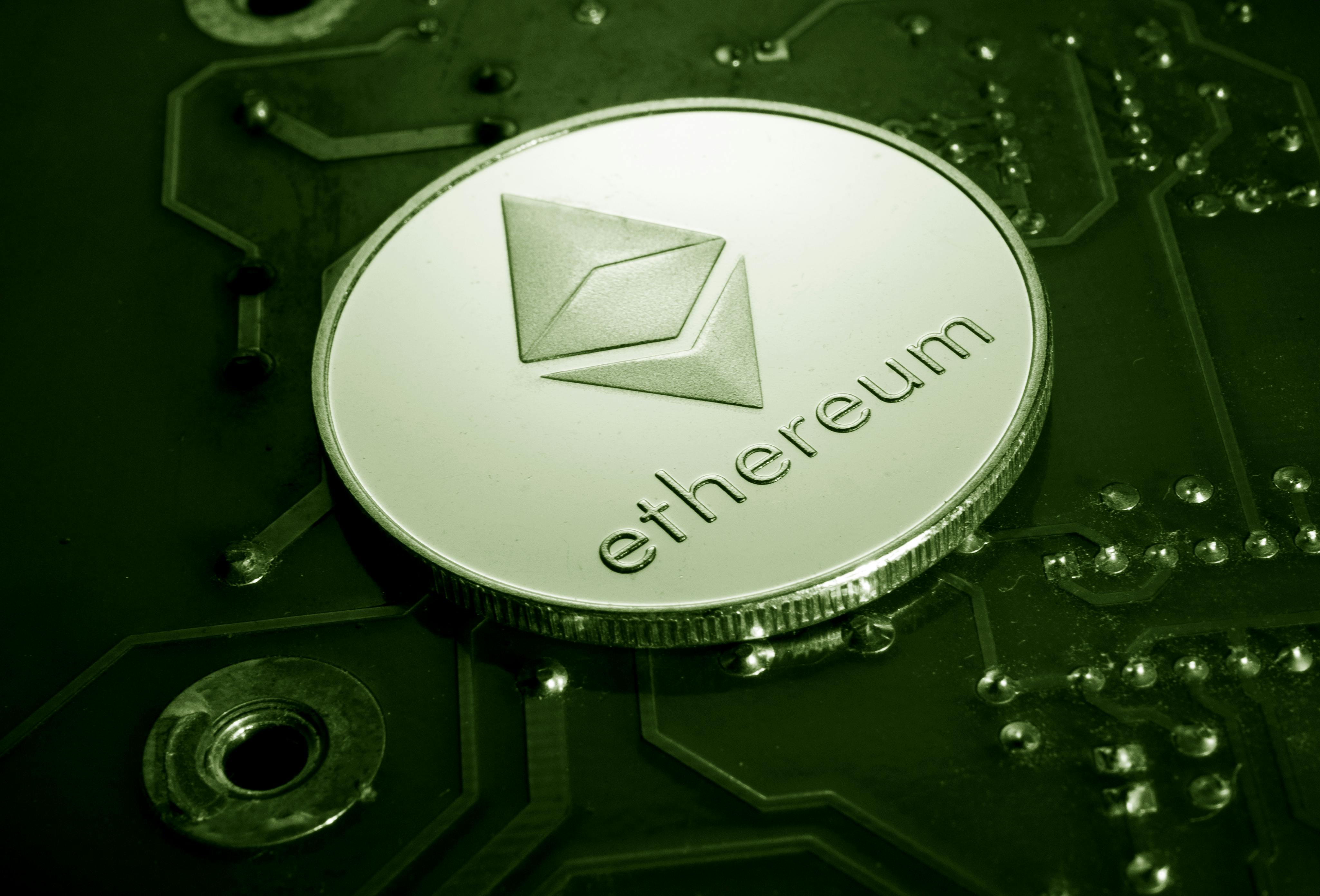
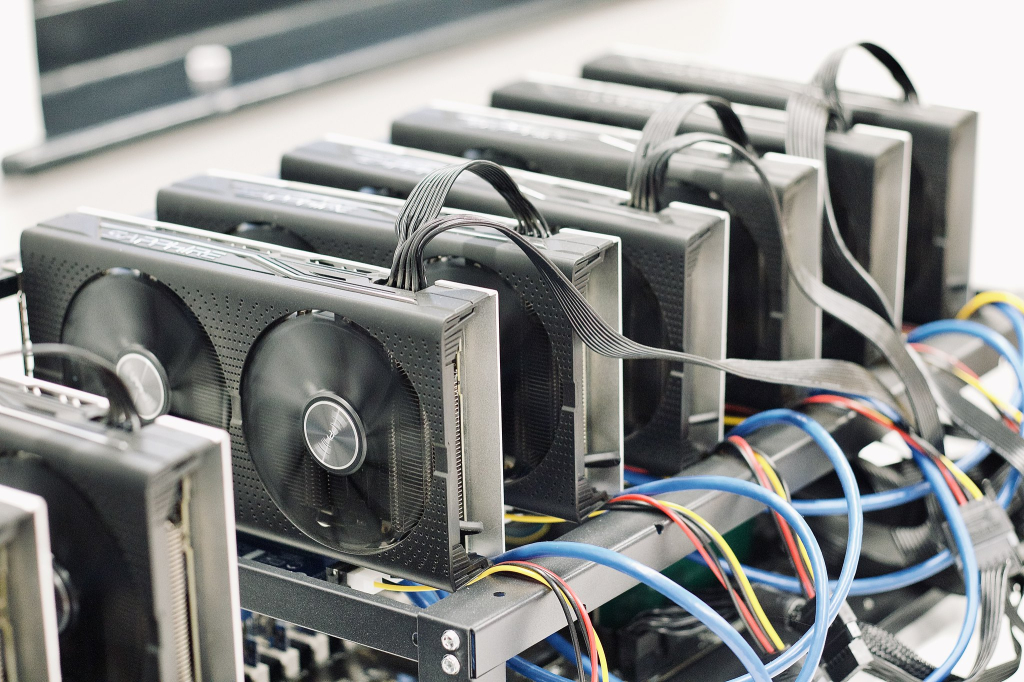



Comment 0